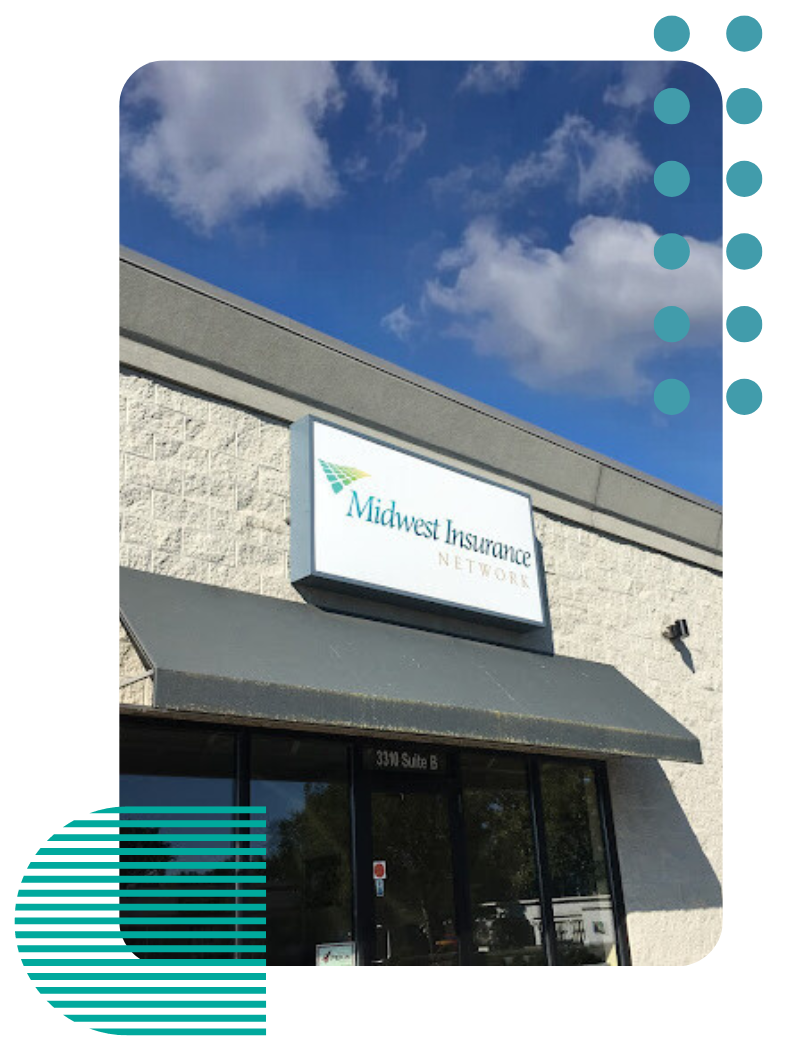Ohio Hired and Non-Owned Auto Insurance

See How We're Different
or call us: 419-720-5825
Top 3 Recommended Policies
Index
Contact Us
Phone
agency@midwest-insure.com
Location
Northwood, OH
3310 Woodville Road, Suite D
Northwood, OH 43619
Elmore, OH
361 Rice Street
Elmore, OH 43416
In the world of business, it's crucial to ensure that all aspects of your operations are covered, including the vehicles you use. Whether you're a small business owner who occasionally rents a car for business trips, or a large corporation with employees who use their personal vehicles for work, hired and non-owned auto insurance (HNOA) is a critical component of your business insurance portfolio. In this guide, we'll delve into the intricacies of HNOA insurance in Ohio, explaining what it is, why you need it, and how to get it.
Understanding Hired and Non-Owned Auto Insurance
HNOA insurance is a type of liability coverage that protects your business in the event of an accident involving a vehicle that your business uses but does not own. This can include rental cars (hired) and employees' personal vehicles (non-owned) used for business purposes.
It's important to note that HNOA insurance only covers liability claims. This means it covers damages or injuries that your business is found liable for in an accident. It does not cover damages to the vehicle itself. For that, you would need separate comprehensive and collision coverage.
Why HNOA Insurance is Important
Many business owners mistakenly believe that their general liability insurance or personal auto insurance will cover accidents involving rented or personal vehicles used for business. However, this is not always the case. Most personal auto policies exclude coverage for business use, and general liability insurance typically does not cover auto accidents.
Without HNOA insurance, your business could be left exposed to significant financial risk. If an employee is involved in an accident while driving their personal vehicle for work, your business could be held liable for any resulting damages or injuries. HNOA insurance provides a layer of protection against this risk.
Getting HNOA Insurance in Ohio
Obtaining HNOA insurance in Ohio is a straightforward process. It can typically be added to your existing business insurance policy as an endorsement. However, the cost and availability of coverage can vary depending on several factors.
These factors include the nature of your business, the number of employees who drive for work, the frequency of vehicle use, and your business's driving history. It's important to discuss these factors with your insurance agent to ensure you're getting the right coverage for your needs.
Working with an Insurance Agent
An experienced insurance agent can be an invaluable resource when shopping for HNOA insurance. They can help you understand your coverage needs, compare quotes from different insurers, and navigate the application process.
When choosing an insurance agent, look for someone who specializes in business insurance and has experience with HNOA insurance. They should be knowledgeable about the specific requirements and regulations in Ohio and be able to provide personalized advice based on your business's unique needs.
Understanding Ohio's Auto Insurance Requirements
Like most states, Ohio has specific auto insurance requirements that drivers must meet. However, these requirements apply to personal auto insurance, not HNOA insurance. As a business owner, it's important to understand these requirements and how they relate to your HNOA coverage.
Ohio law requires drivers to carry a minimum amount of liability insurance. This includes $25,000 for bodily injury per person, $50,000 for bodily injury per accident, and $25,000 for property damage. However, these limits may not be sufficient to protect your business in the event of a serious accident. You may want to consider higher limits for your HNOA insurance to ensure adequate protection.
Additional Coverage Options
While HNOA insurance provides essential liability coverage, there are additional coverage options that you may want to consider for comprehensive protection. These include:
- Collision Coverage: This covers damage to the rented or non-owned vehicle in the event of a collision, regardless of who is at fault.
- Comprehensive Coverage: This covers damage to the vehicle from non-collision events, such as theft, vandalism, or natural disasters.
- Medical Payments Coverage: This covers medical expenses for you or your employees regardless of who is at fault in an accident.
- Uninsured/Underinsured Motorist Coverage: This covers damages if the other driver involved in an accident is not insured or does not have enough insurance to cover the damages.
Discuss these options with your insurance agent to determine which ones are right for your business.
Conclusion
Hired and non-owned auto insurance is a crucial part of any business's insurance portfolio. It provides essential liability coverage for accidents involving vehicles that your business uses but does not own. In Ohio, obtaining HNOA insurance is a straightforward process, but it's important to work with an experienced insurance agent to ensure you're getting the right coverage for your needs.
Remember, while Ohio's auto insurance requirements provide a starting point, they may not provide adequate protection for your business. Consider additional coverage options and higher liability limits to ensure your business is fully protected. With the right HNOA insurance, you can have peace of mind knowing your business is prepared for whatever the road may bring.



